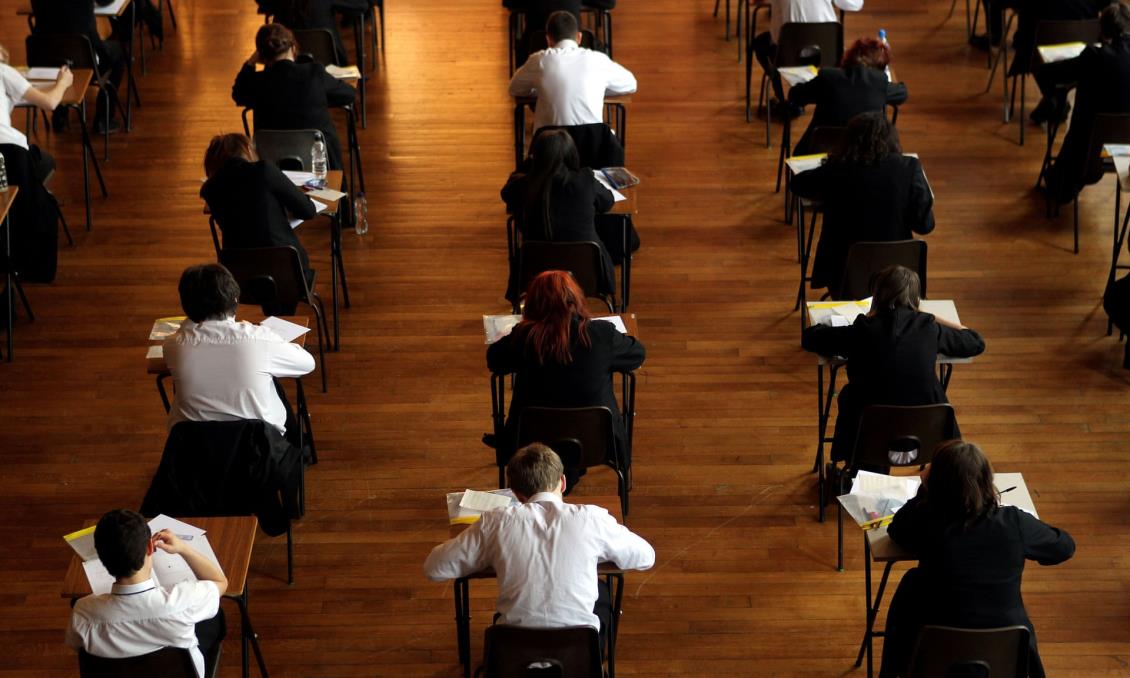Why a good Ofsted report can be bad for GCSE results
Tuesday, May 21, 2019

Health warning: positive Ofsted ratings may damage GCSE results.
This is the shock finding of a study conducted by four universities and two thinktanks which found that parents with children in schools that have received a better-than-expected Ofsted report are much more likely to reduce how much they help their children with their homework. This, in turn, could have a damaging impact on their children’s GCSE results.
The researchers from the Institute for Social and Economic Research at the University of Essex (ISER), the Institute of Fiscal Studies, the University of Sussex, University College London and the University of Bristol found that parents receiving good news about their children’s schools were around 20 percentage points more likely to reduce help with homework than those who did not.
“Our new research shows parent reactions to an Ofsted inspection are significant and meaningful,” said Professor Imran Rasul, from UCL and the Institute of Fiscal Studies. “They withdraw support for their children when they are happy the school is doing well. This might explain why research has found it hard to pinpoint the benefits of attending high-performing schools. More thought should be given to how information on school quality is given to parents, and how to prevent this from having an adverse impact on their children.”
The team looked at survey data from the Understanding Society, the UK Household Longitudinal Study, and combined this with administrative data on Ofsted inspections and schools GCSE performances between 2009 and 2014. They were able to compare attitudes and behaviours in parents and students and how this changed according to the timings and results of the Ofsted inspection.
Children whose families received good news early in the academic year performed significantly worse in their GCSE exams than those where good news was more recently revealed, suggesting that the reduced help by parents was a significant factor in lowering children’s exam performance.
“Policymakers have thought a lot about how providing information on school quality alongside giving parents the freedom to choose schools induces competition between schools in order to drive up standards,” said Dr Birgitta Rabe from ISER. “Much less thought has been given to how families react to information about school quality when their children are already in schools.”
Source: The Guardian